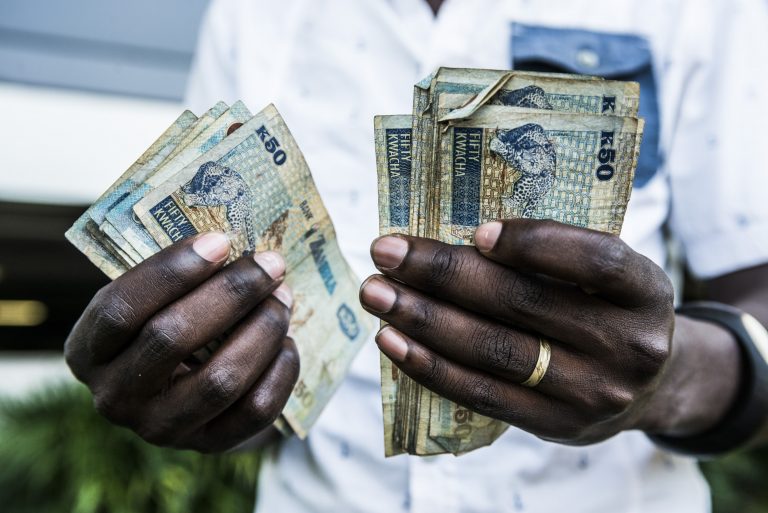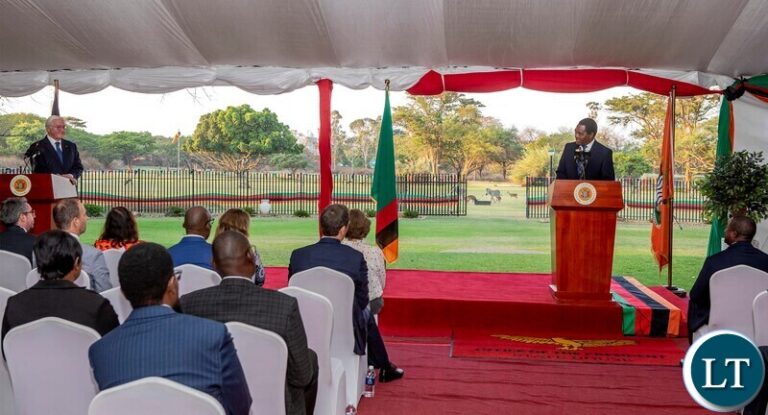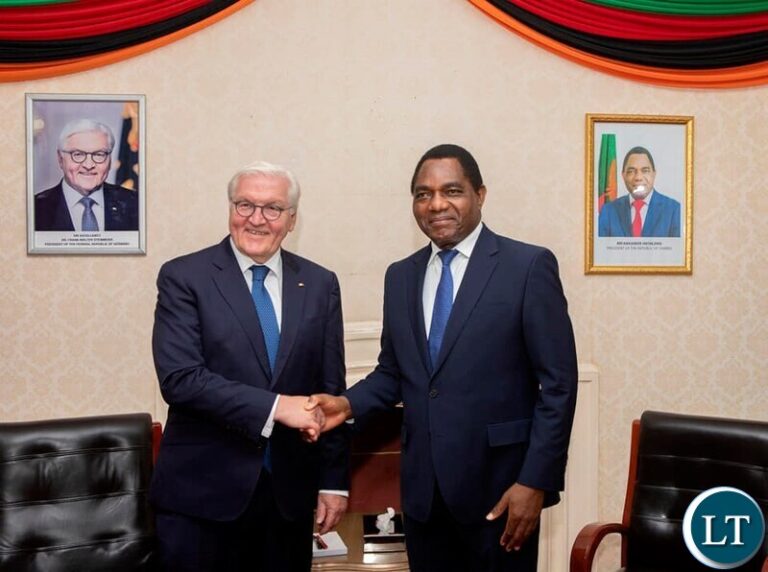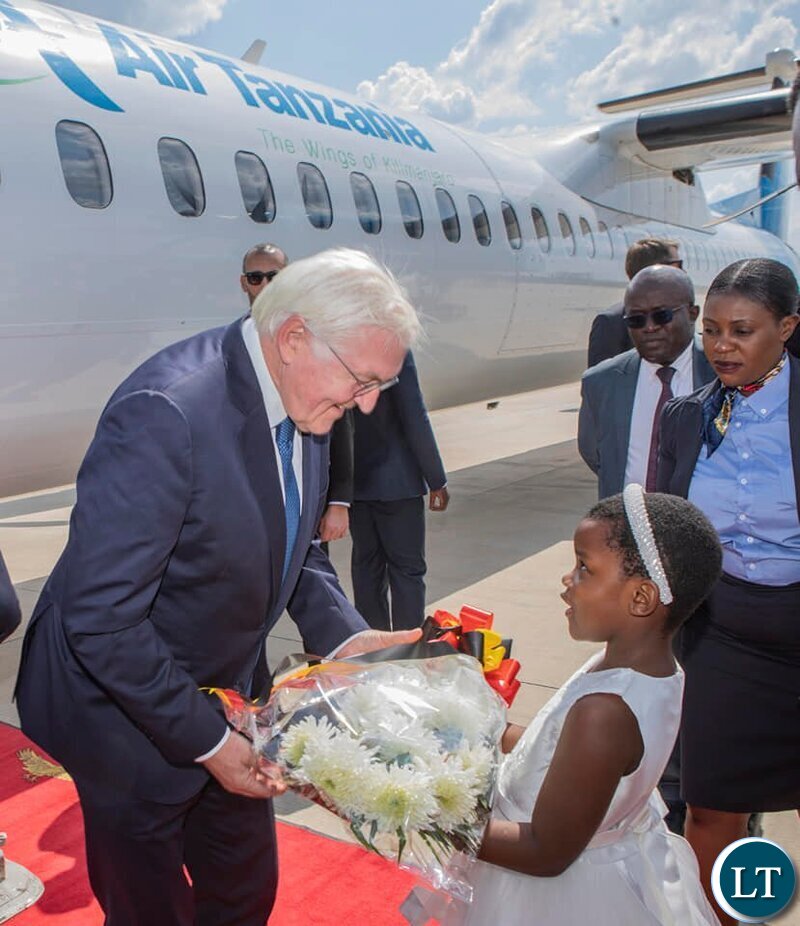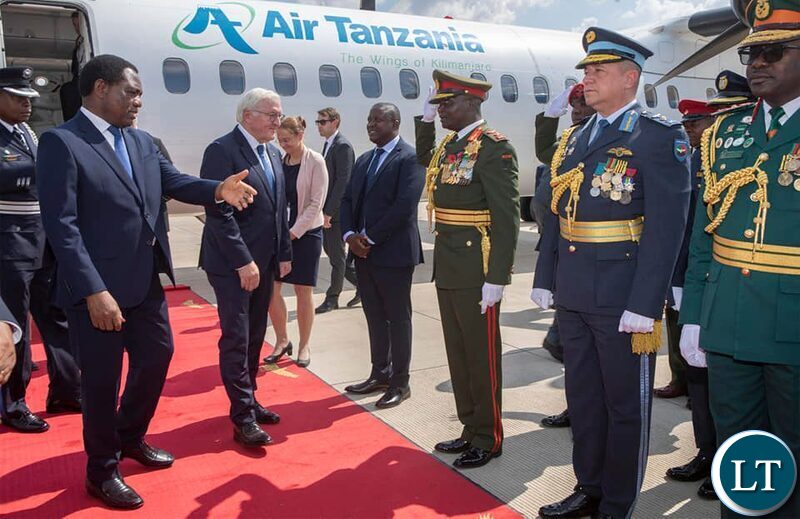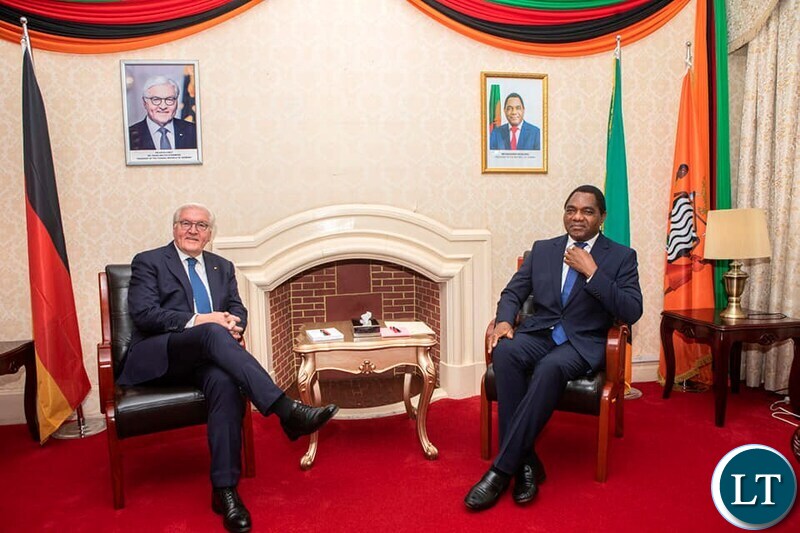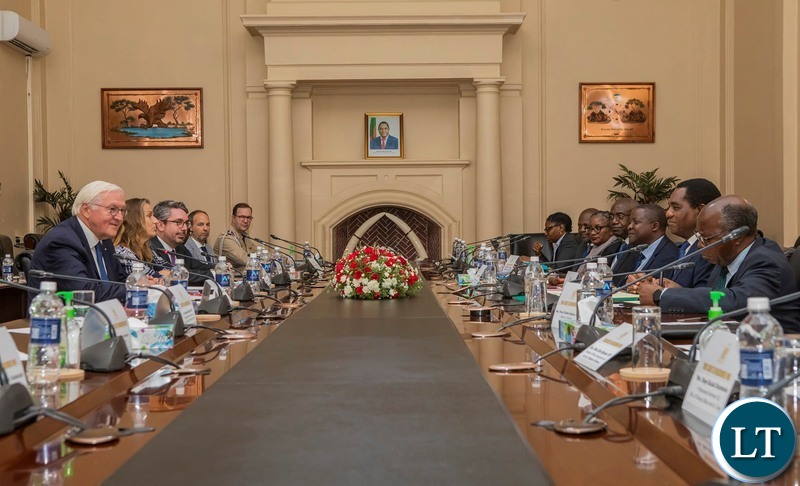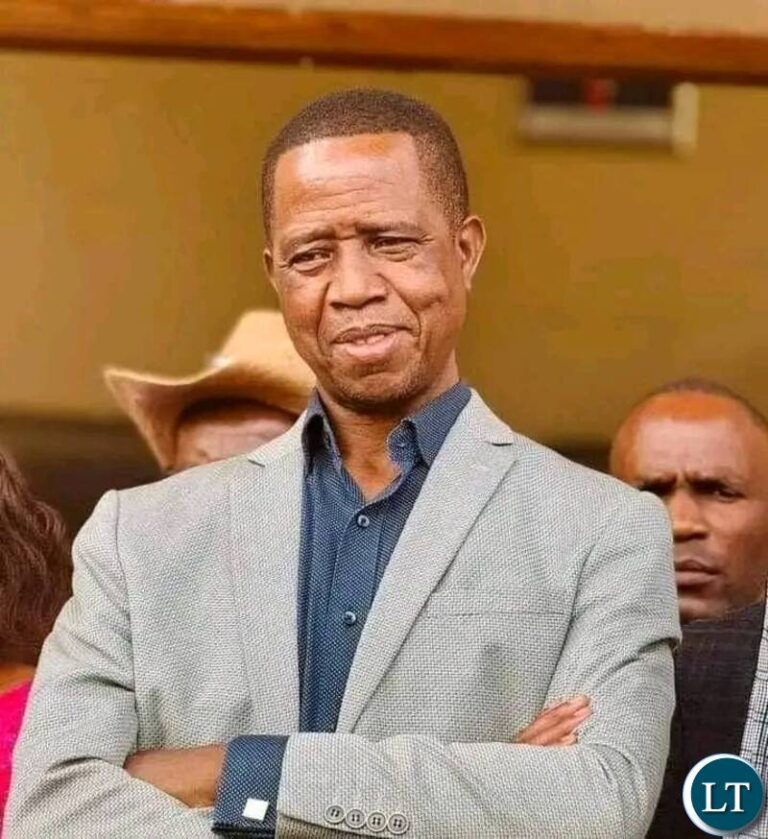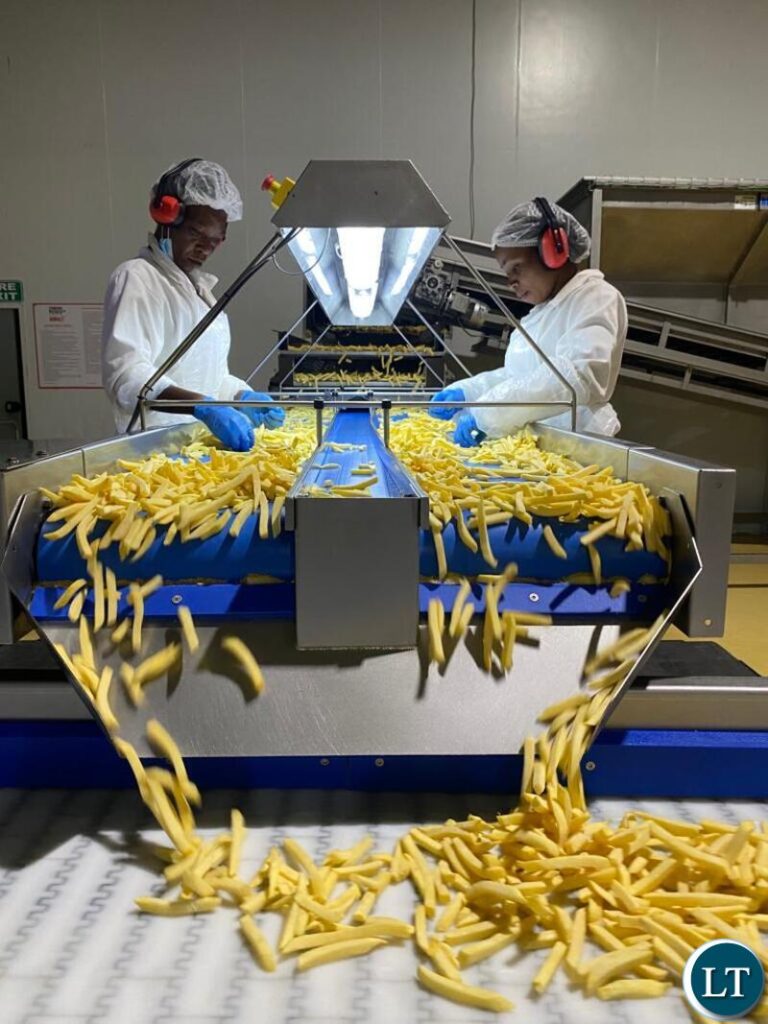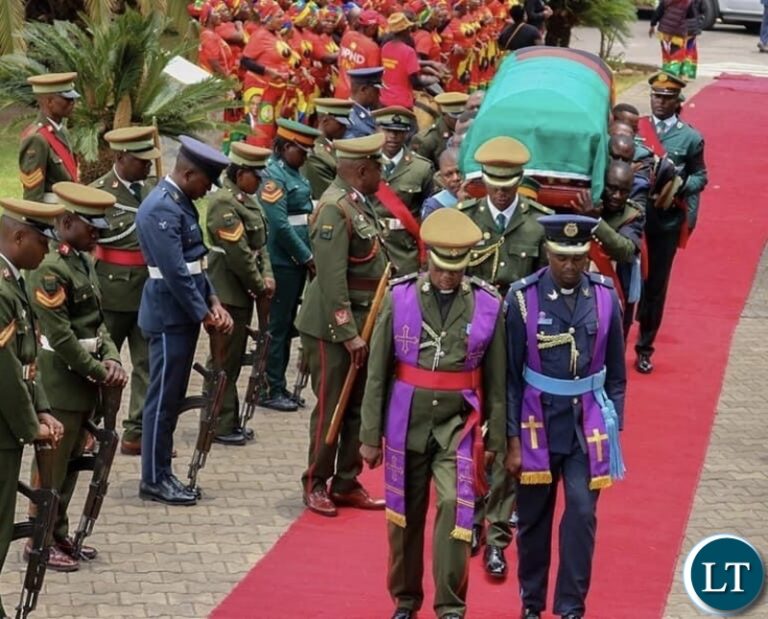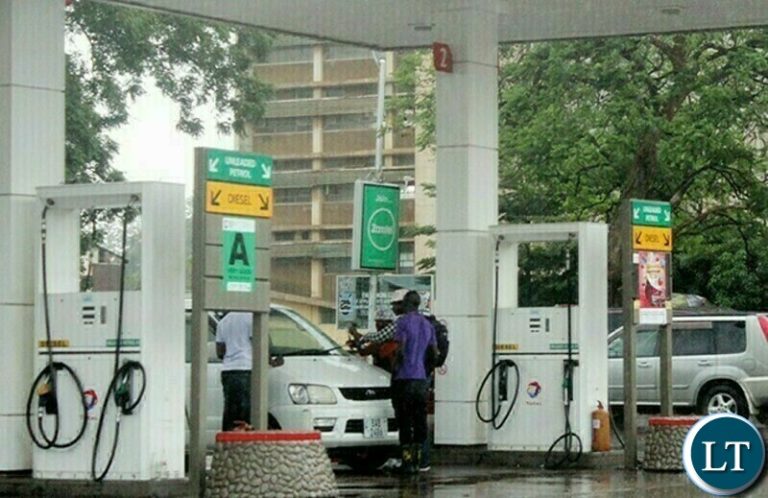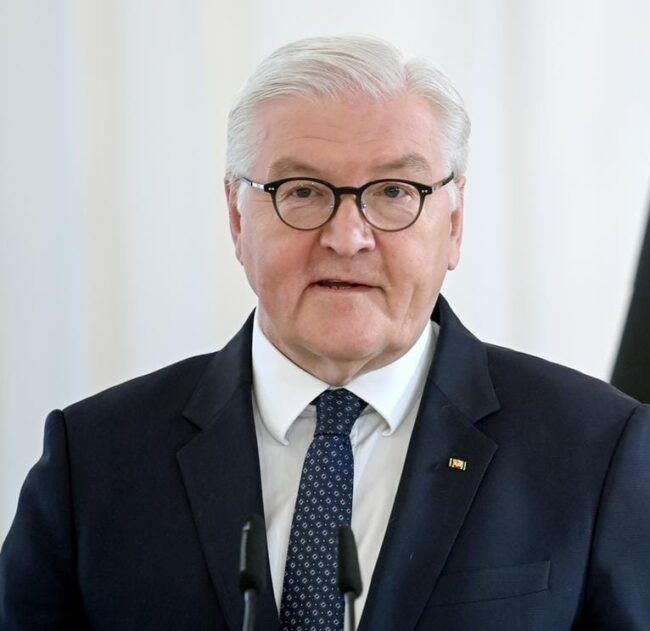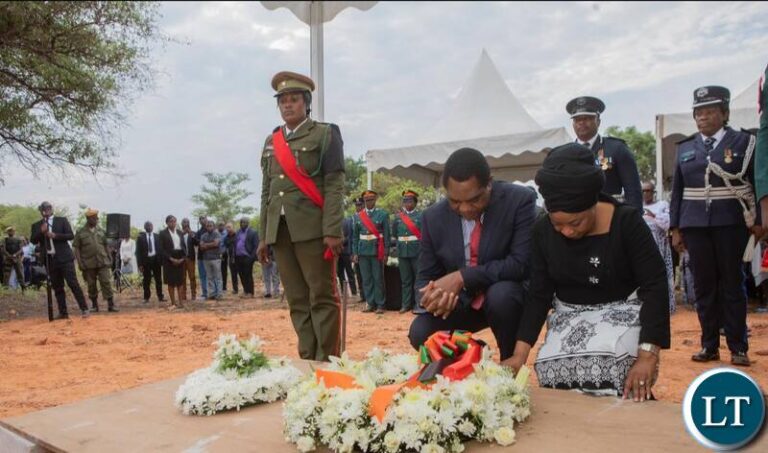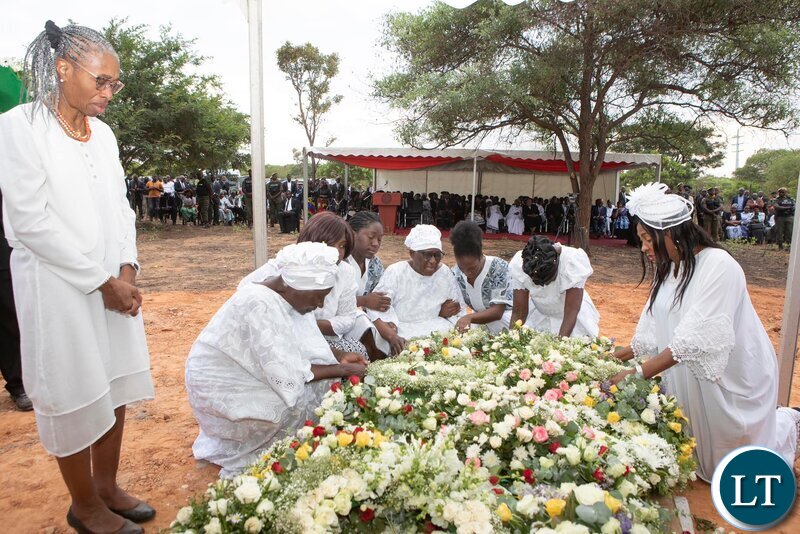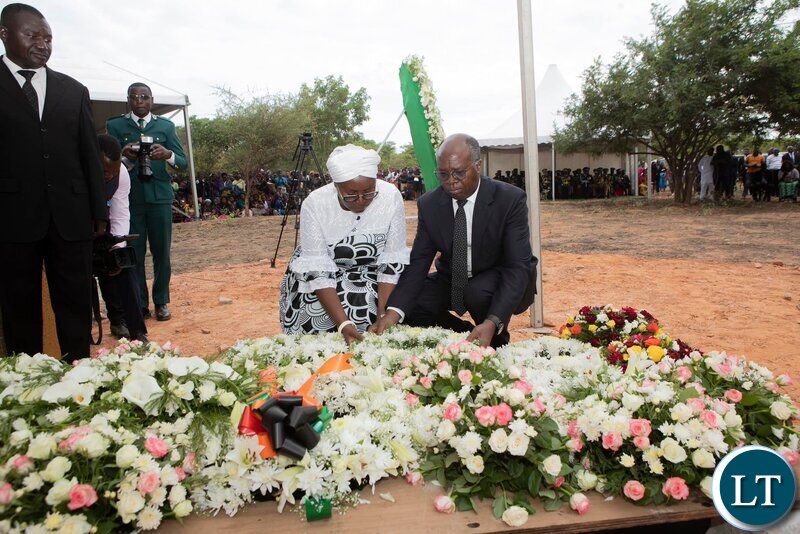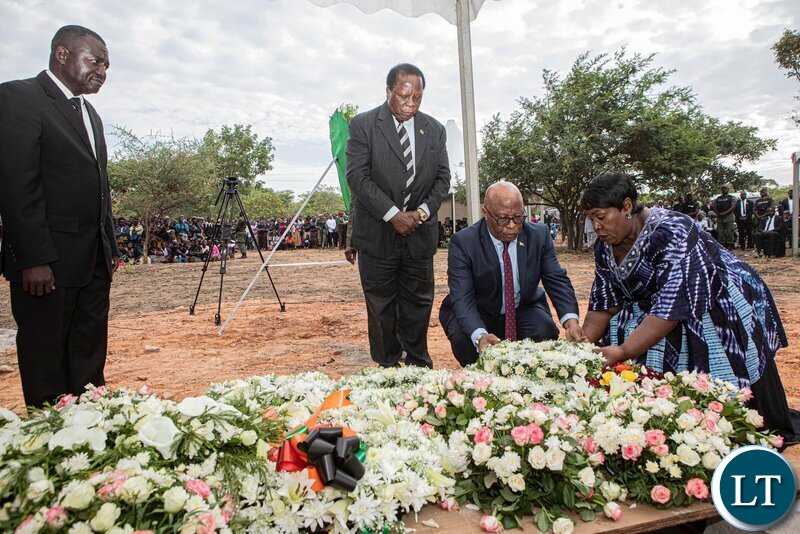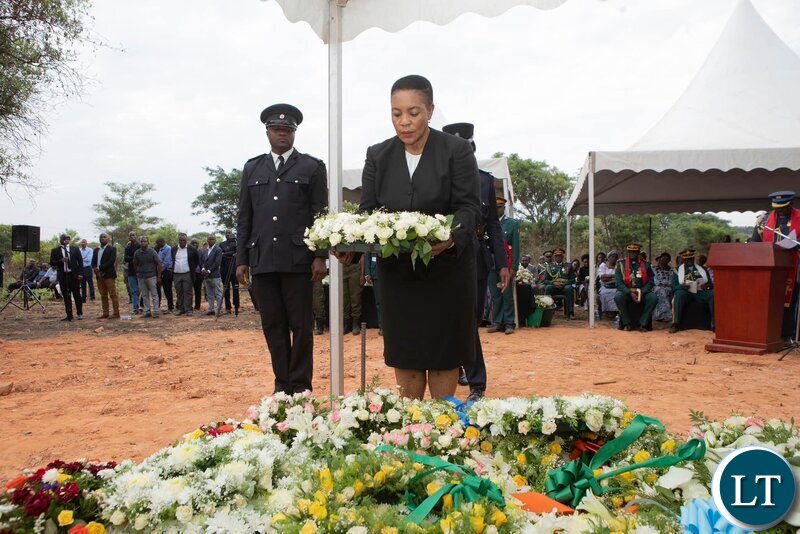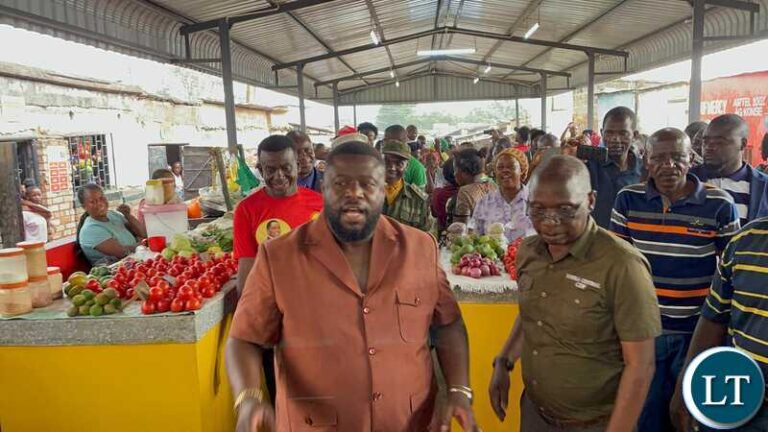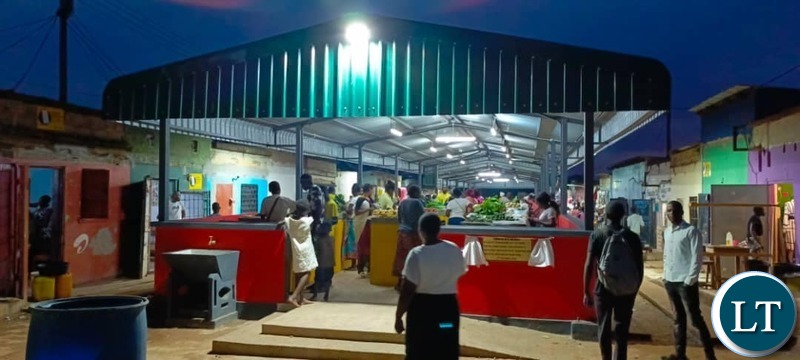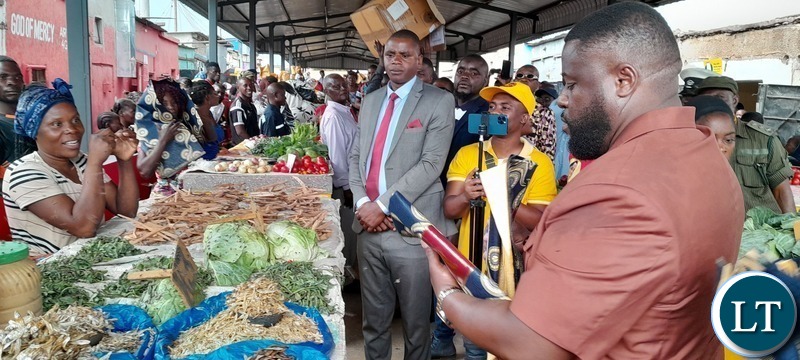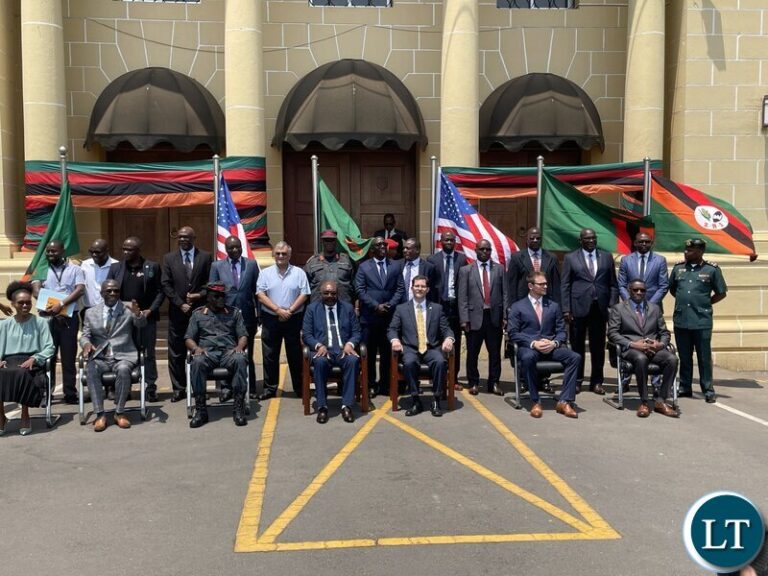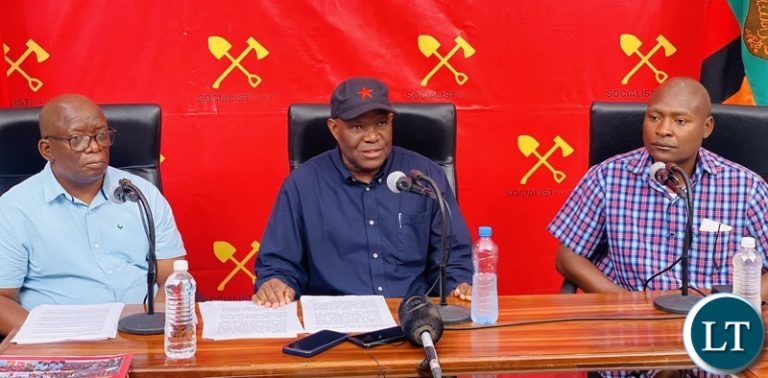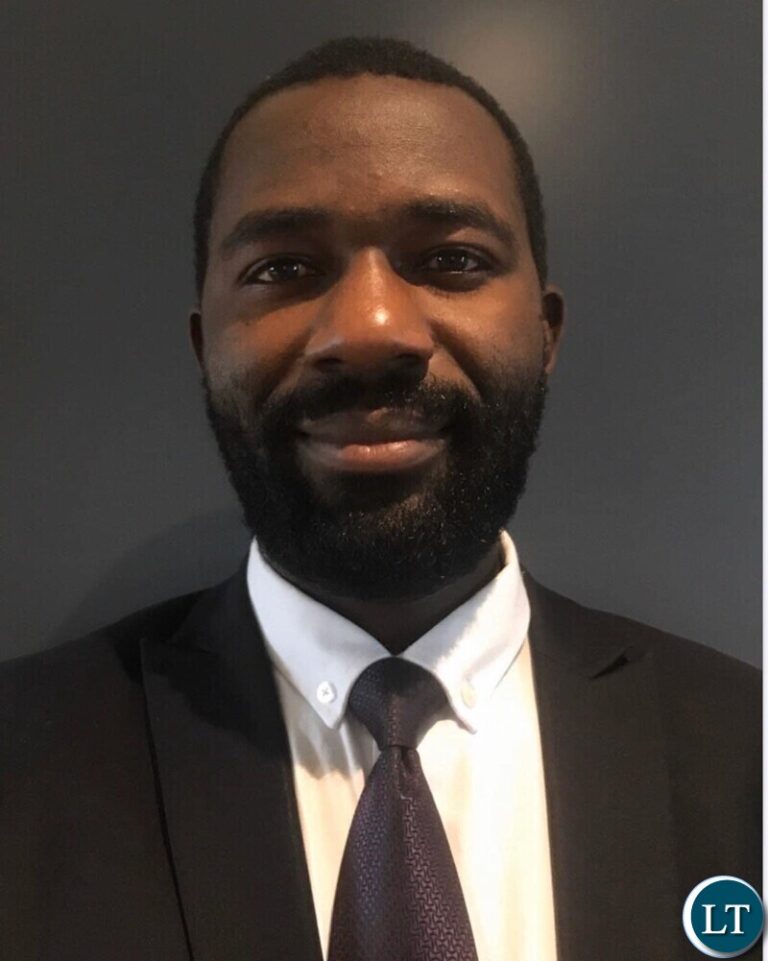Cabinet has granted its approval for the issuance of a Statutory Instrument (SI) pertaining to the revision of minimum wages and conditions of service for various categories of workers covered by the Minimum Wages and Conditions of Employment Act. This decision comes in response to the recommendation put forth during the Tripartite Consultative Labour Council meeting, where government representatives, Trade Unions, and employers’ representatives collectively concurred on the necessity of reviewing the existing minimum wage rates.
The announcement of this pivotal development was made following the 18th Cabinet Meeting, which took place on Monday under the chairmanship of President Hakainde Hichilema. This is according to a press statement released to the media by Chief Government Spokesperson Cornelius Mweetwa.
Mweetwa explained that the decision to review minimum wages was guided by the desire to ensure that workers earning the minimum wage receive improved conditions of service, acknowledging the rising cost of living that affects their livelihoods.
The issuance of the Statutory Instrument represents a pivotal step in addressing the well-being and economic security of the nation’s workforce, particularly those in lower-paying employment sectors such as domestic workers and shop workers. The revised minimum wage rates aim to align better with the current economic realities faced by workers.
In addition to the review of minimum wages, Cabinet also approved the issuance of the National Pension Scheme Authority (NAPSA) Penalty Waiver Regulations for the year 2023. This action is intended to enact the provisions of the National Pension Scheme Amendment Act Number 20 of 2022 concerning penalty waivers.
The NAPSA Penalty Waiver Regulations, 2023 will significantly alleviate the financial burden on businesses and offer relief to employers regarding the settlement of their outstanding NAPSA contributions.
Furthermore, Cabinet has greenlit the introduction of three key bills to the Zambian Parliament. These bills are the Zambia Institute of Procurement and Supply Bill, 2023, the Zambia Institute of Architects Bill, 2023, and the Zambia Institute of Quantity Surveyors Bill, 2023. Each of these proposed legislative measures holds the potential to bring positive changes and enhancements to their respective professional sectors.
Lastly, Cabinet has endorsed the Amendment Protocol on the Agreement for the Establishment of the Intergovernmental Standing Committee on Shipping of goods in international trade. This decision reflects the government’s commitment to streamlining and enhancing international trade procedures.
The series of approvals and legislative measures demonstrates the government’s dedication to fostering improved conditions for workers, supporting businesses, and facilitating streamlined governance across various professional sectors.


